Nigerian youths had been protesting for over 2 weeks, calling for an end to police brutality with the #EndSARS hashtag on numerous social media channels among which Twitter topped.
Nigeria has a median age of 17.9, and the Nigerian youths used their tech-savvy influence to draw international attention to the brutality on protesters. This escalated after reports of the Lekki shooting which has drawn widespread condemnation from international figures such as Rihanna, Kanye West, Joe Biden, Hillary Clinton, Lewis Hamilton, Pope Francis, and many others.
READ: #EndSARS: NBC fines AIT, Channels and Arise TV over use of “unverifiable” footages
The #EndSARS movement dates back to 2017, when Nigerian youths used the hashtag to share their experiences on violence and assault perpetrated by the defunct Special Anti-Robbery Squad (SARS). However, the movement only revived in early October, after a video emerged of police officers thought to be members of the SARS unit, allegedly killing an unarmed young man.
(READ MORE: Instagram tenders apology for flagging #EndSARS posts as fake)
This prompted Nigerian youths to troop to Twitter, calling on the Federal Government to dissolve the notorious police unit and effect police reform, with the hashtag, #EndSARS, #Endpolicebrutality, and many others. The hashtag trended continuously on Twitter as Nigerian youths aired their pains and experiences online.
As at the end of August 2020 and according to the Nigerian Communications Commission (NCC), subscriptions to broadband or high-speed internet services in Nigeria had increased significantly to a peak of 82.7 million. However, despite Facebook having over half of Nigeria’s social media usage, it has not had the pull of Twitter in championing the social justice causes. Why is that?
READ: Facebook’s new policy on political ads and threat to SMEs in Nigeria
Which social media platform has more Nigerians?
According to Emmanuel Dan-Awoh, SEO Analyst at Nairametrics, Twitter only commands 21% usage of Nigeria’s 82 million internet subscribers. Facebook is leading with 55.94% while Instagram and Youtube are at 5.02% and 3.72% respectively.

“The platforms are built for certain types of communication and psychological states,” Dan-Awoh says.
For Nairametrics, which social media platform provides the most news leads?
The #EndSARS protesters had a unifying motto that they had “no leaders,”. This was seen in the decentralized nature of the protests across the country due to the fast-moving nature of news spread mainly on social media platforms.
For Nairametrics, Twitter accounts for the most news leads from social media platforms despite more Nigerians using Facebook on a daily basis.
READ: #EndSARS: Despite scrapping SARS, why are Nigerians still protesting?
“Twitter is by far the most useful social media platform for Nairametrics accounting for more than 90% of page views and visits,” Dan-Awoh says.
Young Nigerians are consuming information larger than ever before, thanks to the internet, with Twitter being the main platform for news sharing despite having only 21% of Internet users in Nigeria. It’s no wonder that most of the Nigerian youths who championed the #EndSARS protests are also in the same demographic that consume news on Nairametrics.
(READ MORE:#EndSARS Protest: FG denies monitoring calls and social media accounts)
Where does the Nigerian government communicate more?
Dan-Awoh says, the Federal government still communicates with Nigerians through traditional media, however, the usage of technology to pass information to citizens is growing, which can be witnessed through the popularity of media aides on Twitter including Bashir Ahmaad, Tolu Ogunlesi, and others.
“Official communication still leans more towards traditional media, but the use of social media by government agencies is growing while the use of traditional media is stagnating,” Dan-Awoh says.
“Nigerians get the bulk of their news from social media channels and from google discover app” he adds.
(READ MORE:#ENDSARS Protests: Why this is different)
So why Twitter?
“Twitter is the most effective channel for social movements because relationships on the platform are not personalized to fit with the real-life connections of its users,” Dan-Awoh says.
He added that Twitter isn’t for very personal connections compared to Facebook, and also gives its users more powers to control what goes on their news feed through the democratization and localization of trending topics, this gives users more information on their surroundings.
READ: #EndSARS: A day by day timeline of the protest that has brought Nigeria to its knees.
“The feed isn’t dictated by personal interests or contacts to the same extent as other platforms. The user also has more control over his Twitter feed due to the democratization of popular topics.
“ Twitter achieved this through Its trending vertical where the most popular topics within a locality are ranked. This serves to draw more people into a digital version of marketplace chatter. This enables the platform to be better suited for the nurturing of a herd mentality within the society. This is why Twitter as a platform is more socially and politically significant than its counterparts,” Dan-Awoh adds.
(READ MORE: Lagos to support owners of looted, vandalised stores)
Bottom line
Despite more Nigerians on Facebook, the Twitter platform makes the localization of news easier to share through its trending platforms, which gives young Nigerians a “concert view” perception on growing issues in the country. With a young population eager for information, it’s no wonder that News Media gets a lot of their leads from Twitter compared to Facebook as the news would be better shared on Twitter.
READ: #EndSARS: We were not hacked – CBN
The increasing popularity of government media aides, especially on Twitter is a sign that we may be heading to a new way of government communication with citizens through the internet.
However, Facebook should not be ignored in this as more Nigerians are now aware of how changes can be brought to social justice and may use whatever platform where they are heard to discuss vital issues.

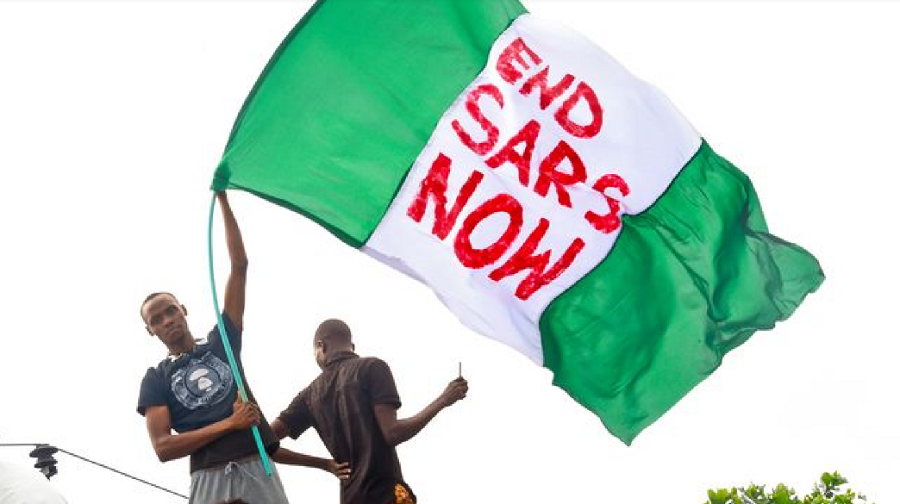






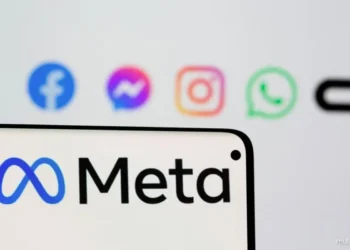
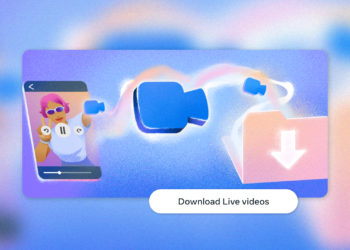
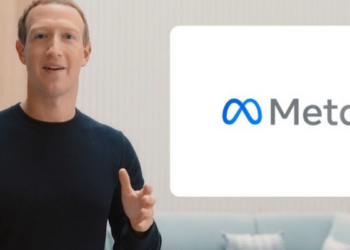
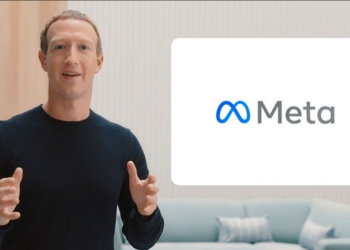

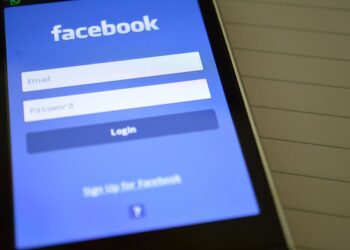









Facebook was banning people who recorded live videos of the atrocities. I know of Mayegun Political Diary who had to move to Youtube for his live broadcasts and reviews.
I heard a series of personal reports where Facebook banned them for a week or two just to prevent them from sharing what they are seeing live.
So this is among the reasons Twitter was widely adopted. Twitter opened their arms even as we had Jack’s support.
I feel more safe to air my opinions on twitter than on facebook. On facebook, there’s always this feeling of being watched and monitored. That’s my thought anyway.